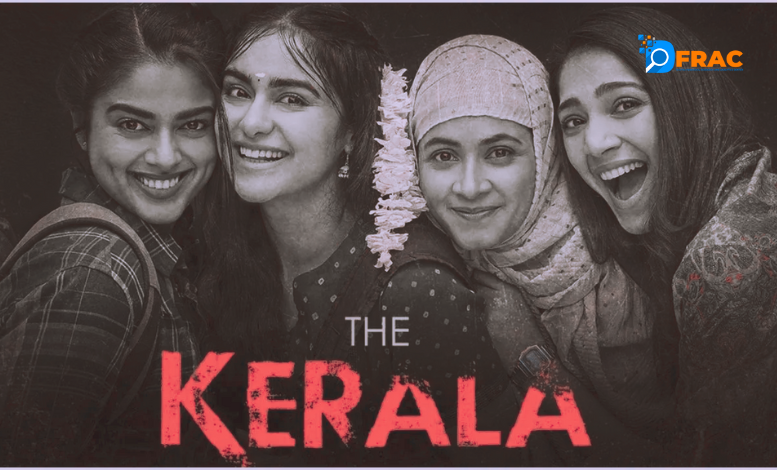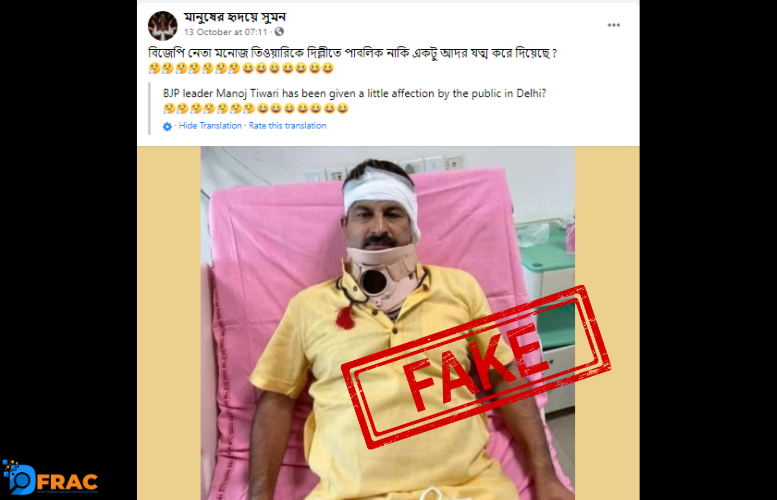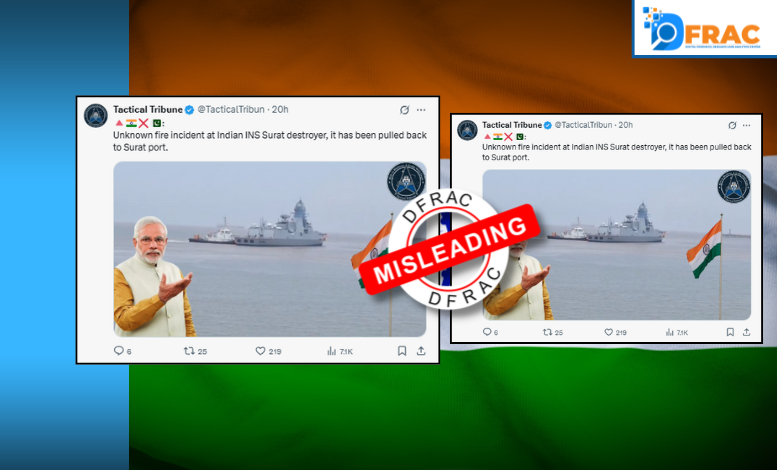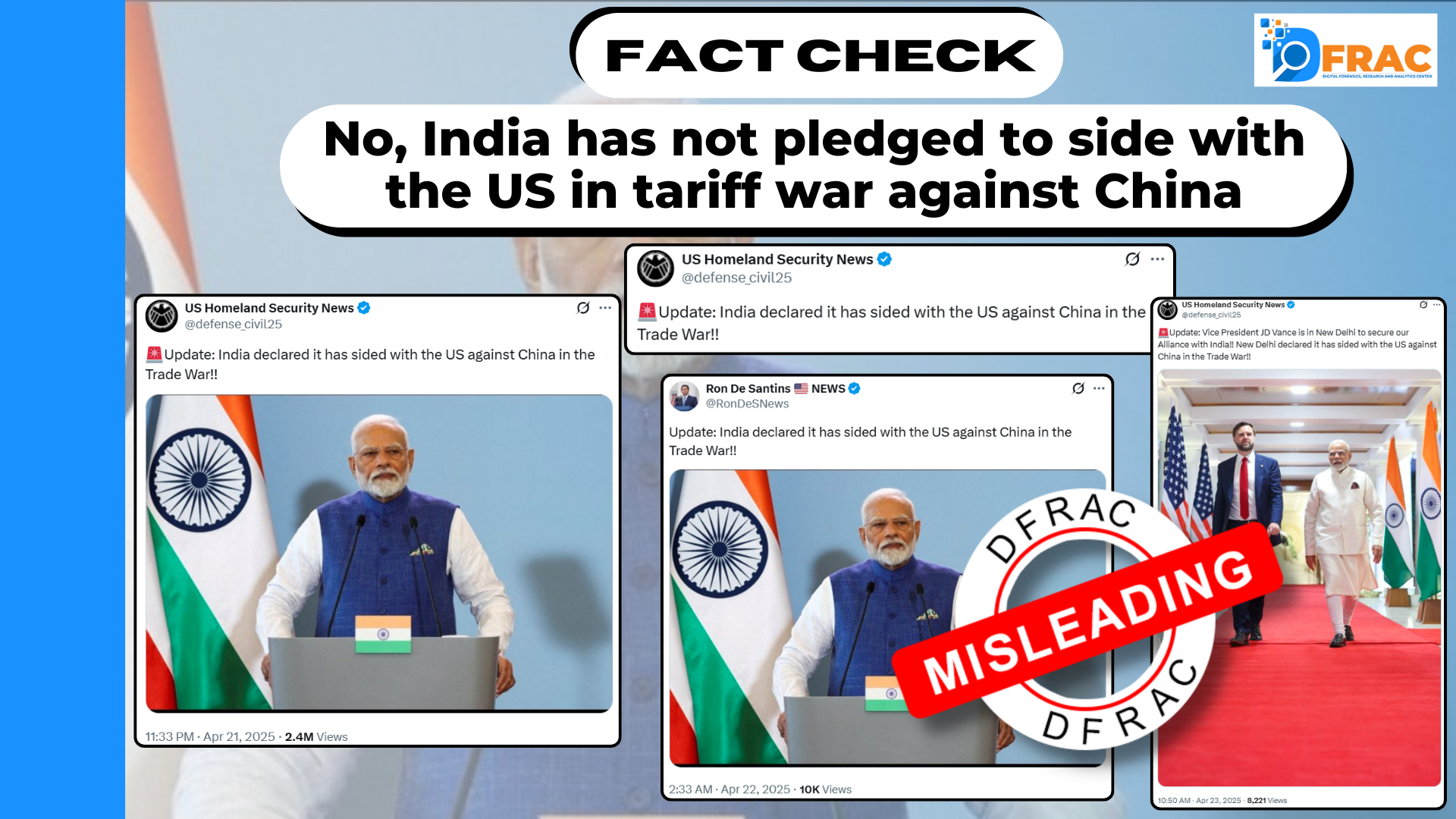In the year 2020, non-resident Keralites sent Rs. 2.3 lakh crore back to India, which accounted for a staggering 34% of all NRI remittances. Kerala’s per capita income is 60% higher than the rest of India. Less than 1% (0.71%) Keralites live below the poverty line as against the national average of 22%. In UP the figure stands at dismal 29%. Kerala is also India’s most literate state at 96% as against the national average of 77%. Kerala’s mortality rate is just 6 deaths per 1000 berths. This is significantly lower than Assam (40), Madhya Pradesh (41), Uttar Pradesh (46).
This is the Kerala story based on real numbers, not made up numbers. After the release of the movie ‘The Kerala Story’, a controversy erupted over the claimed large number of women converting to Islam and joining Islamic State of Iraq and Syria (ISIS) or IS, which the makers removed after the matter reached the high court.
Initially, the trailer of the movie claimed that 32,000 Kerala women were forced to convert to Islam and joined ISIS. Later, the claimed figure was replaced by three girls, but the damage was done by then.
Carelessly claiming 32,000 figures made people believe that something terrible is happening in Kerala, on a vast scale. It signalled that thousands of women were brainwashed, converted and forced into ISIS.
The film director Sudipto Sen said, “The 32,000 number is an arbitrary number and should not matter.” But it does matter. As in the film it was repeated that the act was done to thousands of girls. Therefore, the ‘arbitrary’ logic doesn’t find any ground.
The fact that it’s not true and hasn’t happened ever in the southernmost state makes it blatant, bigoted misinformation which only adds to the communal hate India is currently grappling with.
Equally worrying is the fact that such a film has been given a stamp of approval by the Prime Minister Narendra Modi during his Karnataka election campaign.
ISIS is a fanatic terror group that has attracted those who believe in its extreme, crude violence. Its interpretation of Islam was condemned by all around the world.
Although the claims put forward by the movie have no footing to stand on, it appears easy to decipher the intentions of the film makers. The subsequent reactions have gone to point out a number of viewpoints about how a supposedly “Muslim issue” is being addressed.
Various elements have been placed ostensibly professing the claims and propaganda of the far-right. It’s told in a way convenient to stir up Islamophobia not only in the minds of the Hindu community but also of the Christian community, as there is a special mention to a Christian girl in the trailer.
For the past few years there has been a rise in the spread of plumbed-up rumours about girls being converted and abducted by terrorist organizations within the Christian community. Then it wouldn’t be wrong for the filmmakers to conjoint the Christian sentiments along with that of the Hindu community.
Centainly, the story of three women from Kerala lured to join ISIS must be told, but that is not the Kerala story. Infact, it is one among many stories. It is well documented that India has radical, violent extremists across its communities, whether Hindus, Muslims or Sikhs. So, solidly researched, objectively told, and well executed films about their activities and their tragic consequences should be told.
Sadly, ‘The Kerala Story’ also perpetuates much of the other Islamophobia that is seen these days. Be it in the films like ‘The Kashmir Files’ or other fake and hate news rampant on social media or Love Jihad campaign.
It seems, facing continuous losses in elections and negative views within the public consciousness of Kerala, the far-right is on a rigorous endeavor to gain political momentum and use its classical moves. The central left and right of the political spectrum must have a proper standpoint in comprehending, engaging and developing a critique against these planned propaganda.
Currently, the film has been banned in West Bengal and multiplexes in Tamil Nadu have stopped screening it. While BJP ruled states like Uttar Pradesh, Madhya Pradesh and Haryana have made it tax free. The selective action also points towards the direction of propaganda and political mileage that different ideologies aim to gain from the film.





